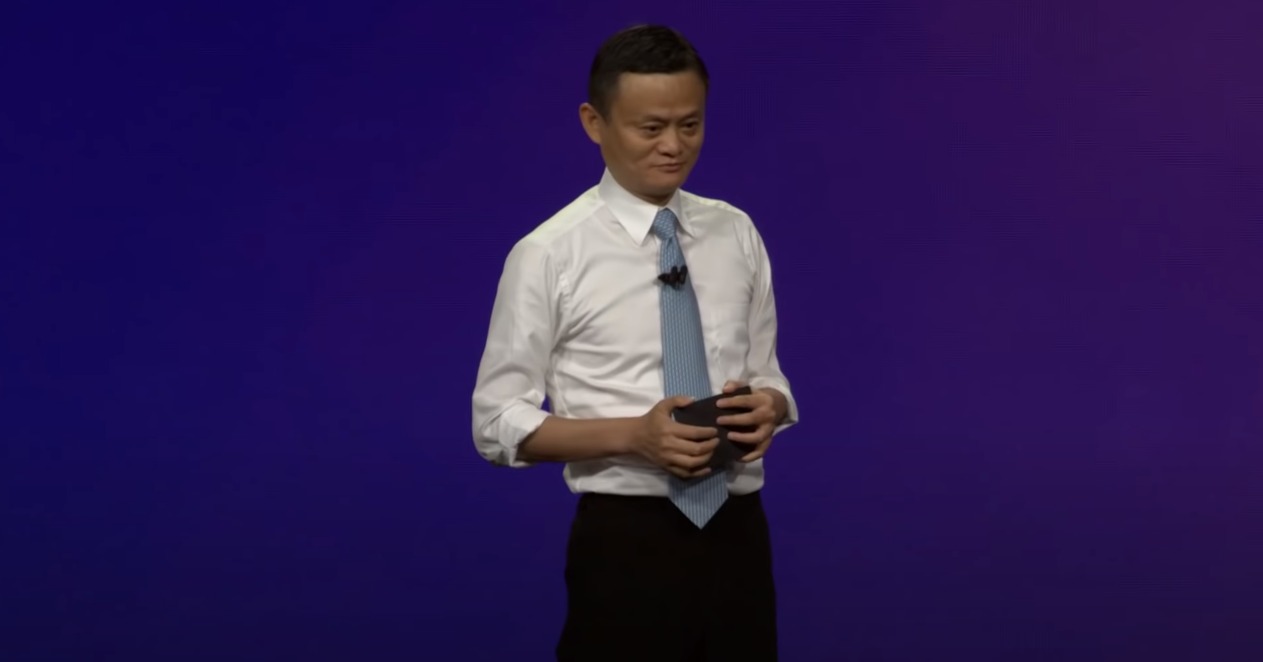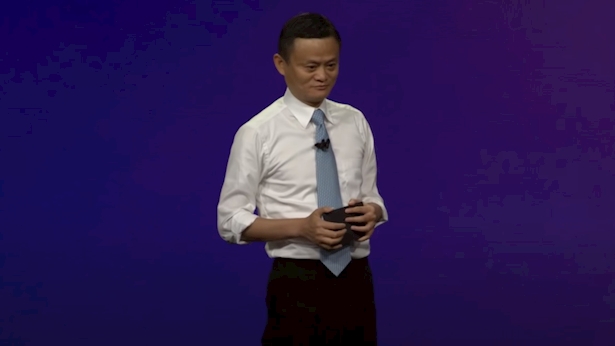

Just last weekend, the disappearance of Alibaba founder Jack Ma, who has not been seen in public for two months, was reported missing. It is estimated that following a “militant” speech in which he accused the Chinese regulator of harming competition, growth and innovation, he was placed under strict house arrest.
But if the laws against the regime’s Chinese Internet monopolies were not enough, nor was the cancellation of the issuance of Baba’s fintech group ANT not enough, now the US is also turning its back on Chinese payment services.
As one of his last steps as president, Donald Trump signed a presidential decree banning the use of the services of Baba’s Payments Division, Alifay, when Tenchent’s Wichat payments app (TCEHY) was also included in the order.
The move, which is just the latest in a struggle the outgoing president began in the middle of his term, is likely to anger the Chinese who have already accused Americans of “bullying.” Chinese officials in the US, as well as the companies themselves, will likely try to stop the move in court – just as they tried to stop Tiktok and Wichat’s blockade.
The impact on the companies’ operations will not be massive, as most of their customers are Chinese and in the East Asian region in general, but the statement itself is clear and sharp. However, it is unclear whether the order will restrict the use of payment apps to U.S. companies overseas as well.
“The new order is a detailed continuation of the previous order issued by Trump when he tried to block Tiktok,” Nicholas Turner, a Hong Kong lawyer, told Bloomberg. “The extent of the damage as well as the list of entities that will be under the new order is still unclear and its scope is difficult to predict. At the moment it seems to be affecting the activities of companies in the US only,” he added.
The reason, as in the case of Tiktok, is the administration’s concern that Chinese companies operating in the US are in fact a Trojan horse and provide access to the details and information of American citizens to the Chinese government.
“The Chinese government demands that every business company, large and small, support the Communist Party’s political goals,” U.S. National Security Adviser Robert O’Brien said in a press release, in an attempt to explain the latest move.
It is worth noting, however, that while U.S. analysts and political commentators believe incoming President Joe Biden will continue with the rigid line toward China, there is no commitment that he will not repeal the order, which is supposed to take effect after Trump is ousted, or act to change it.
Comments on the article(0):
Your response has been received and will be published subject to system policies.
Thanks.
For a new response
Your response was not sent due to a communication problem, please try again.
Return to comment